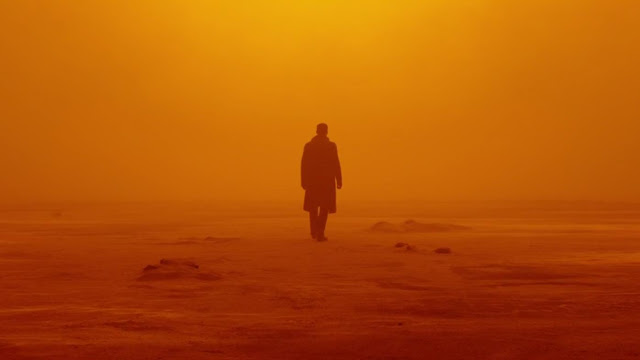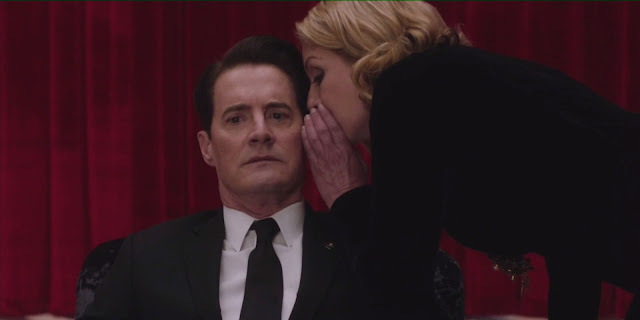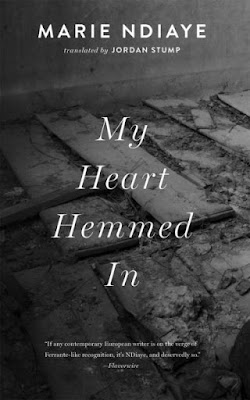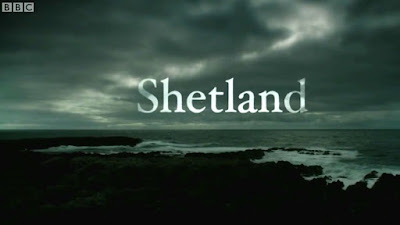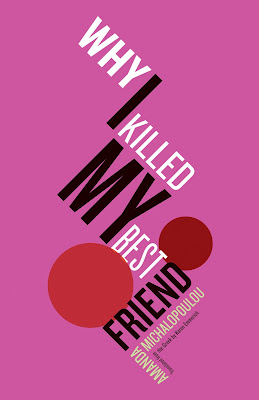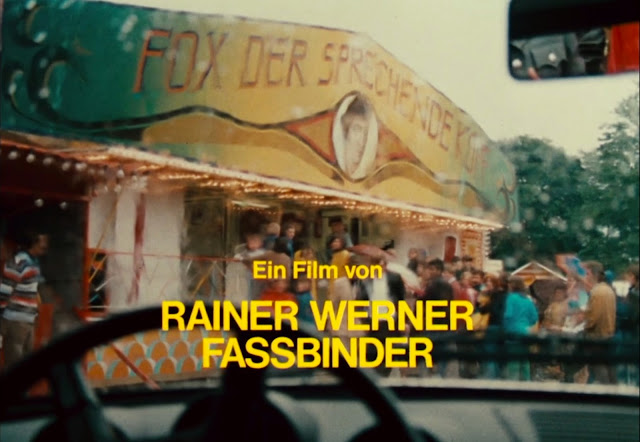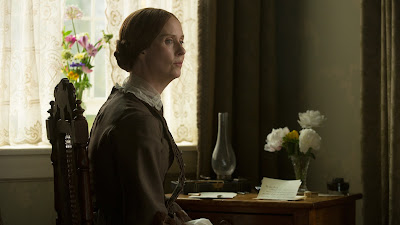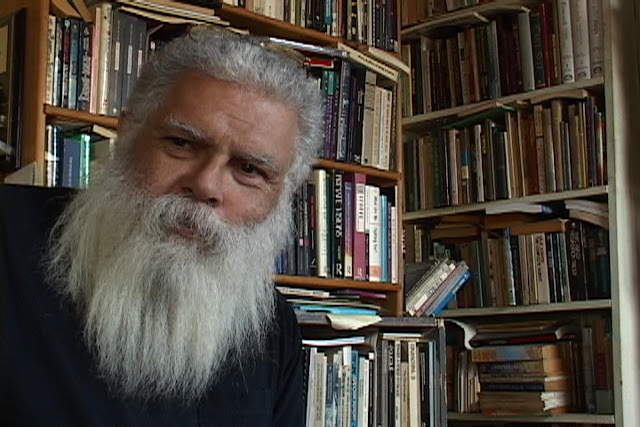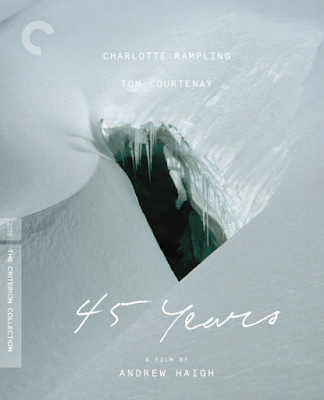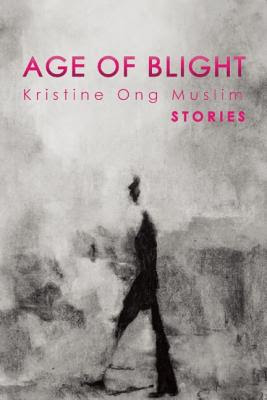Land of Doubt by Sam Baker
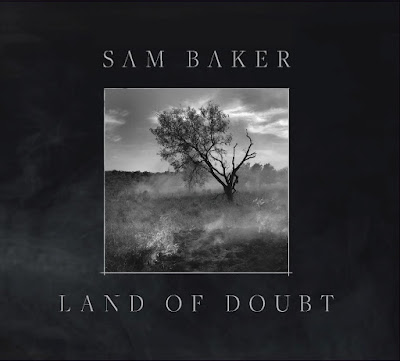
Sam Baker's music is relatively new to me, and it has become an obsession. I first heard of him when I heard part of his Fresh Air interview with Terry Gross in 2014 while driving somewhere, and I was captivated, but for one reason or another, I didn't remember to seek out any of his albums. Then late this fall, looking for new stuff to listen to, I happened upon his recent album Land of Doubt , which wrapped itself around my consciousness and wouldn't let go. "Who is this guy?" I thought, imagining he was a grizzled old feller something like the Woodsman in Twin Peaks . I soon discovered he was the guy I'd heard on Fresh Air whose music I had wanted to listen to but then got distracted and didn't. Land of Doubt was different enough from my perception of his earlier music that I hadn't connected that musician, who had both a powerful personal story and a powerful talent as a singer-songwriter, with this one. It's rare that I write about...


